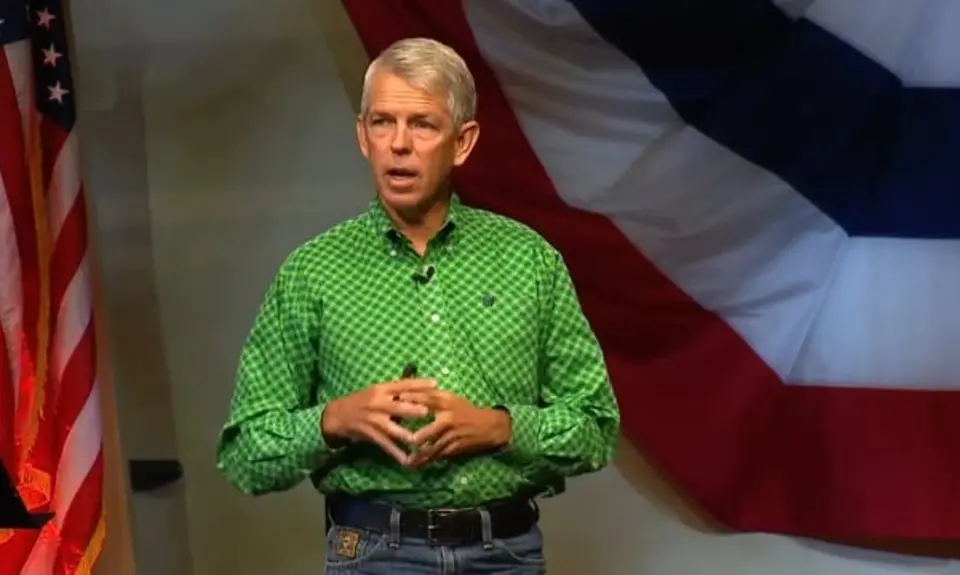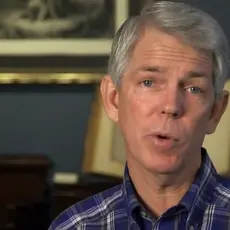Earlier this month, Religious Right pseudo-historian David Barton asserted on his "WallBuilders Live" radio program that "religious folks" are entitled to "more protection" under the First Amendment than everyone else.
Barton was praising recent Supreme Court rulings having to do with the issues of religious liberty and expression, such as the Bladensburg cross case, and hailed the Court for supposedly recognizing that the Founding Father intended for religious citizens to be granted "added, special protection" under the Constitution ... three times more protection, to be exact.
"Secular speech is protected by the Constitution," Barton said, "but religious speech has several protections in the First Amendment."
Barton said that while everyone has a right to free speech, religious speech and expression are "protected by three clauses," which means that his speech is entitled to "more protection, if you will, than just normal, secular speech."
He insisted that the idea that secular speech or expression should receive the same protections as religious speech or expression is unconstitutional because "that’s not what the First Amendment gave me."
"It gave me more protection because I get my speech but if it’s religious, I get it twice, and if it is religious with others, I get it three times," Barton claimed. "In addition to free speech, there is also free exercise of religion, which often involves free speech. For me to exercise my faith means I will speak about it, I will live it out, I will activate it, I will do it. And, by the way, I have the right to assembly, so I can get together with other believers and we can act out our faith ... While religious folks have at least three different forms of protection under the First Amendment for their speech, secular folks have their protections as well for speech and assembly, but they just don’t have the same religious motivations."
When Barton's son, Tim, tried to clarify that all citizens "have the exact same protections that a religious person does," Barton disputed that assessment.
"You actually get added protection because it singles out your religious expression," he said, "That’s a level of protection the Founding Fathers wanted to make sure that religious folks had, so they singled that out to give, if you will, added protection if you’re a religious folk ... The First Amendment says, 'Hey, religion is so vitally important that you get added, special protection.'”






